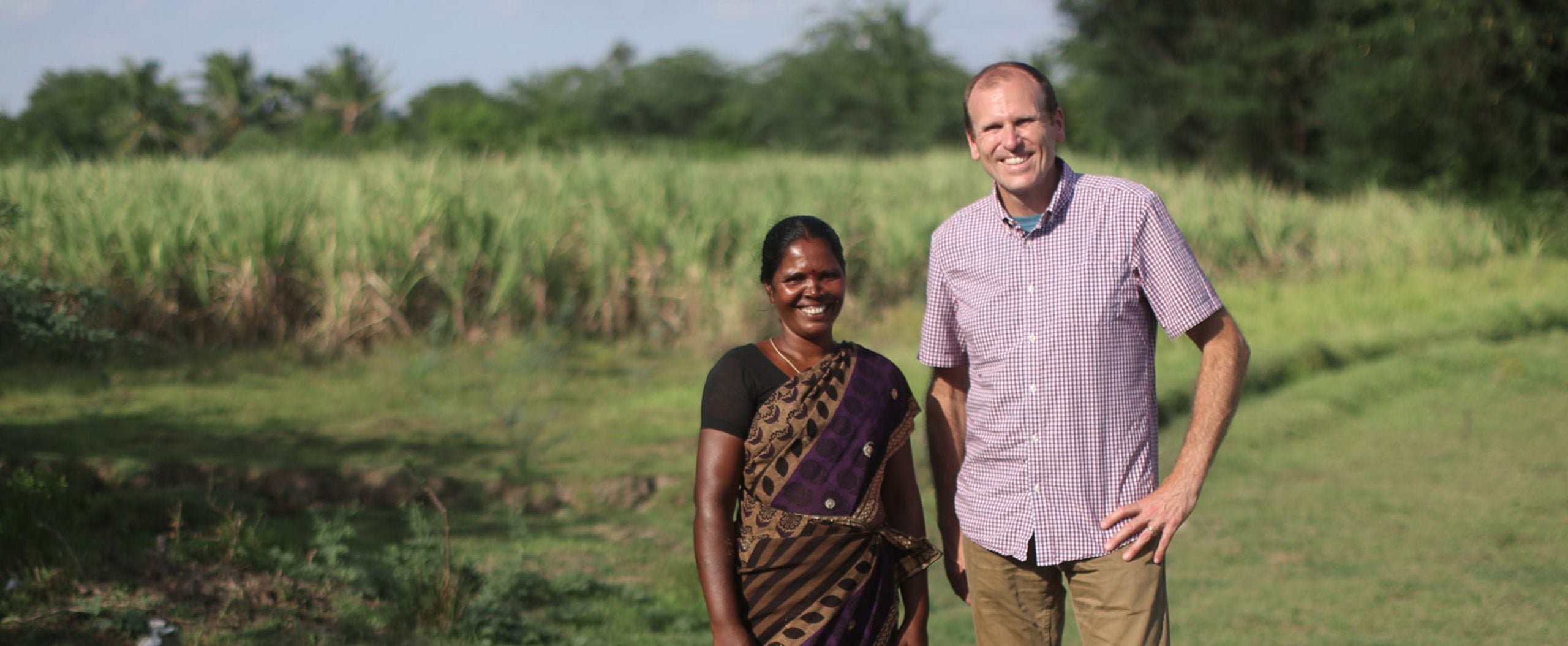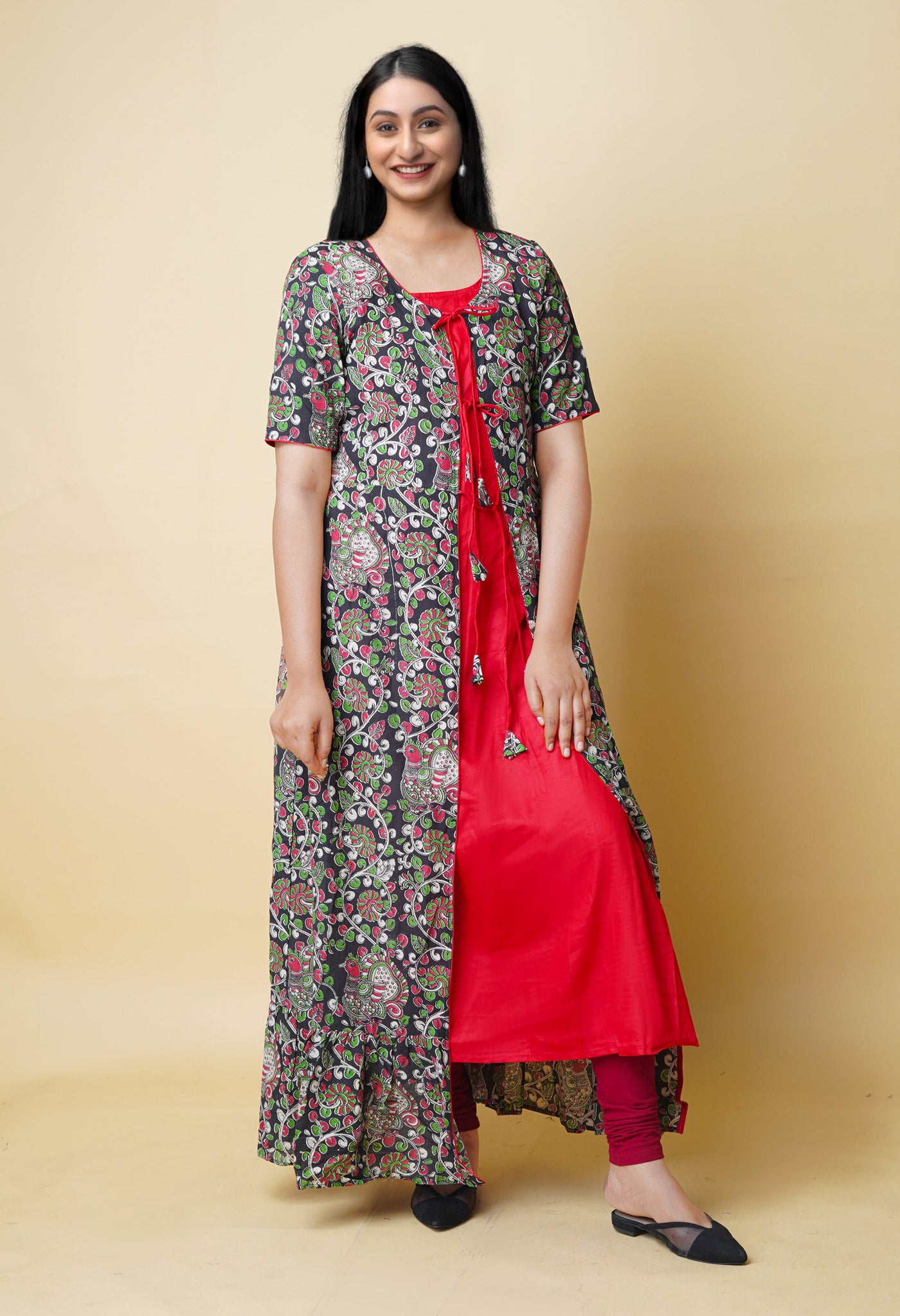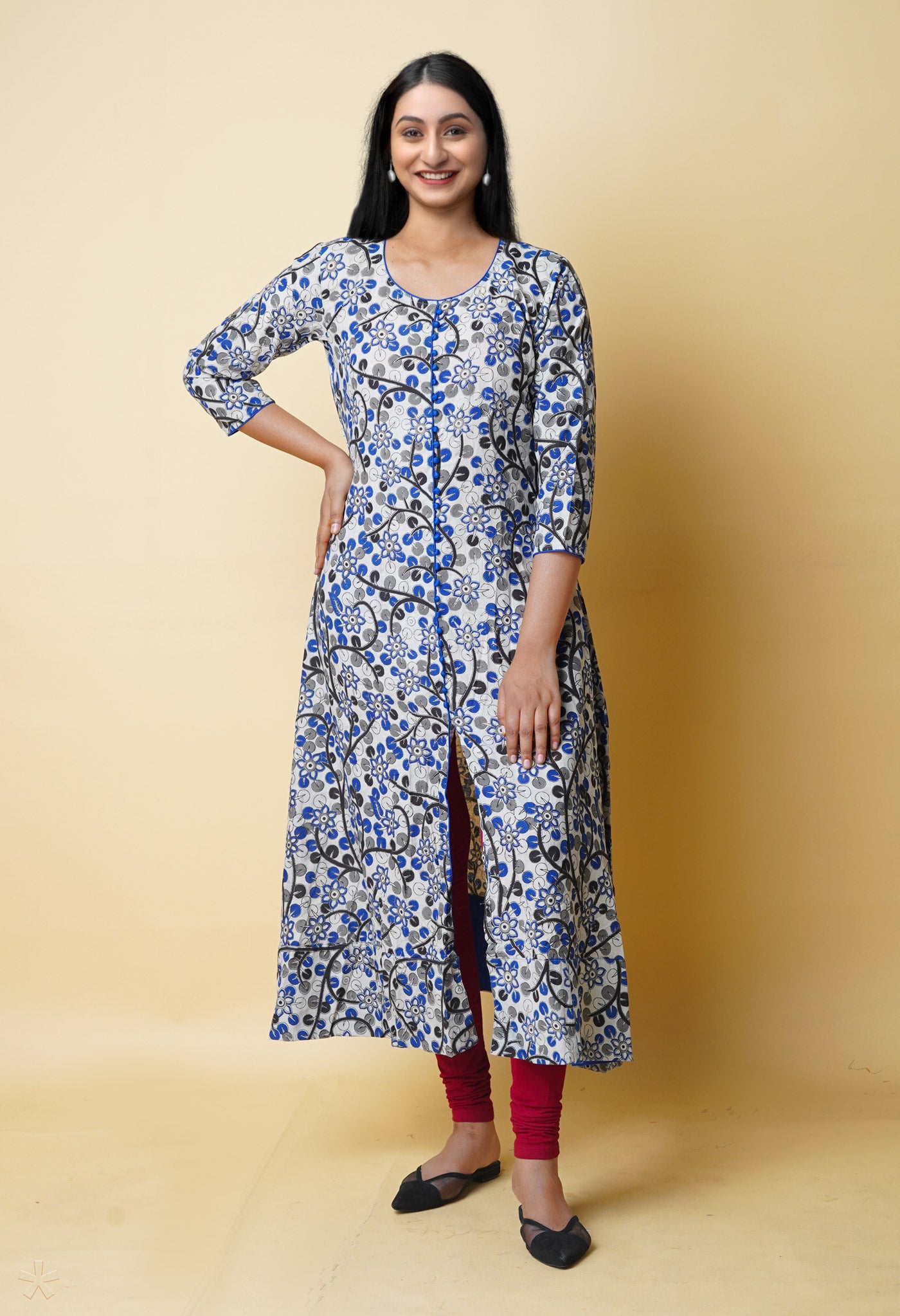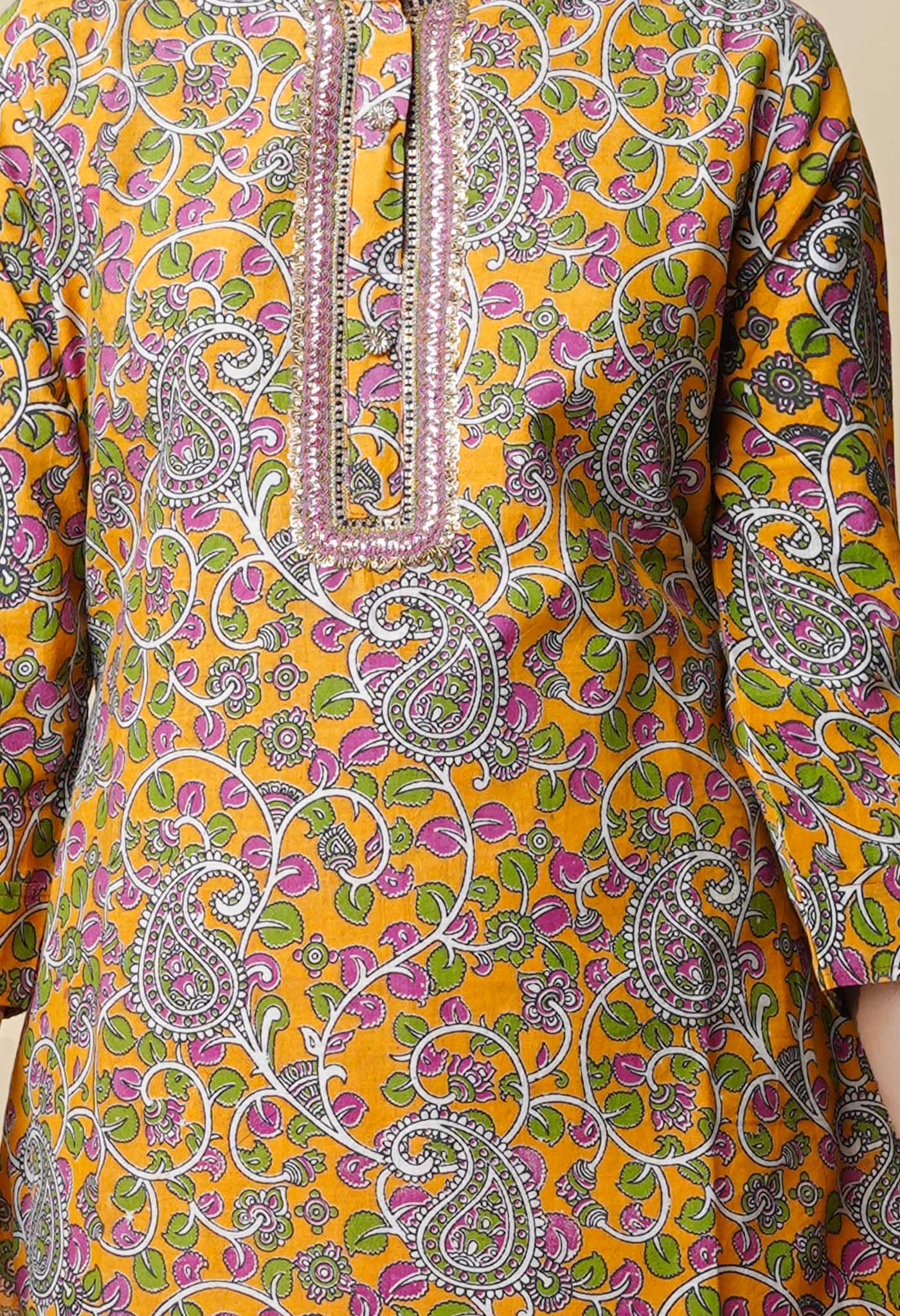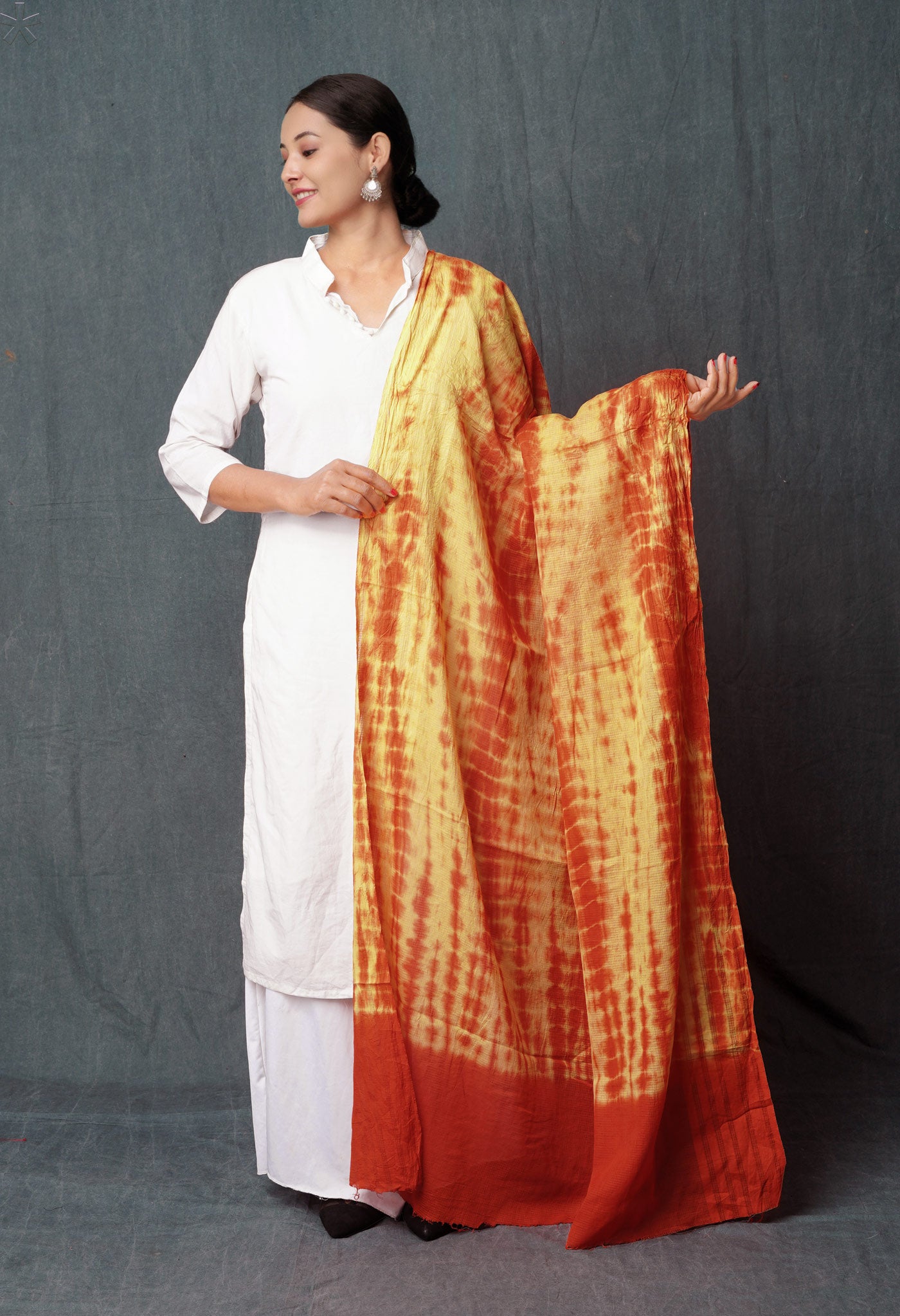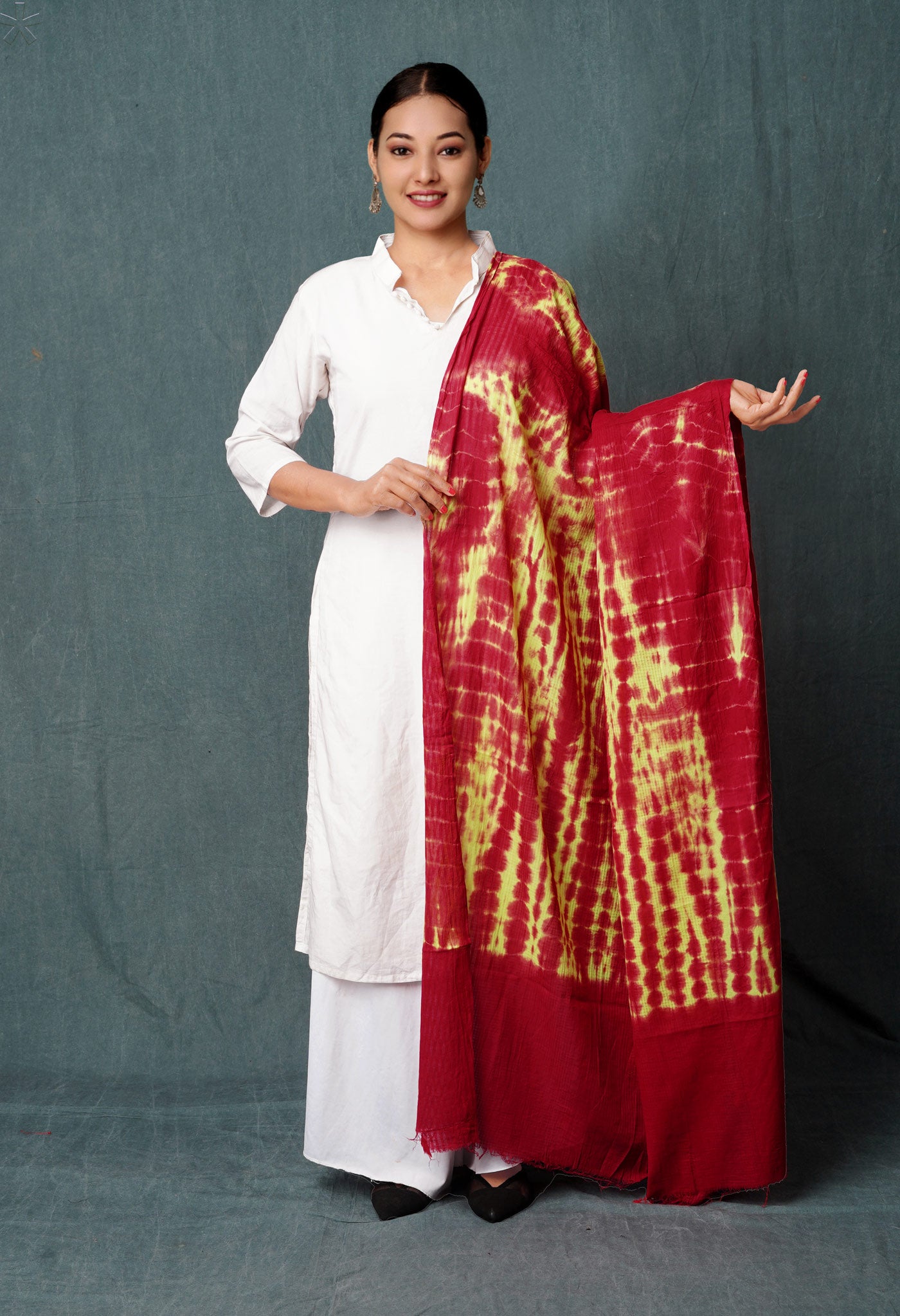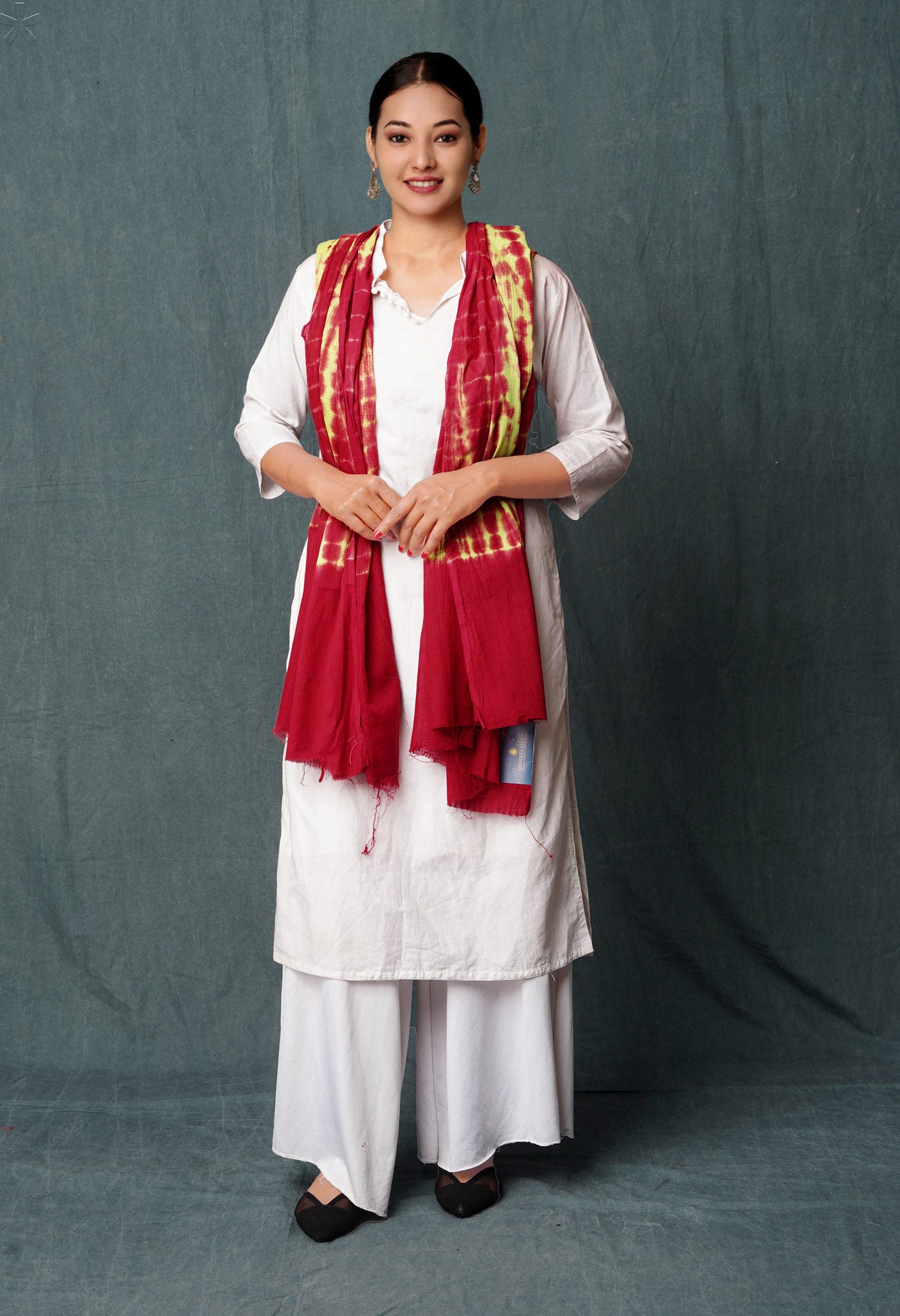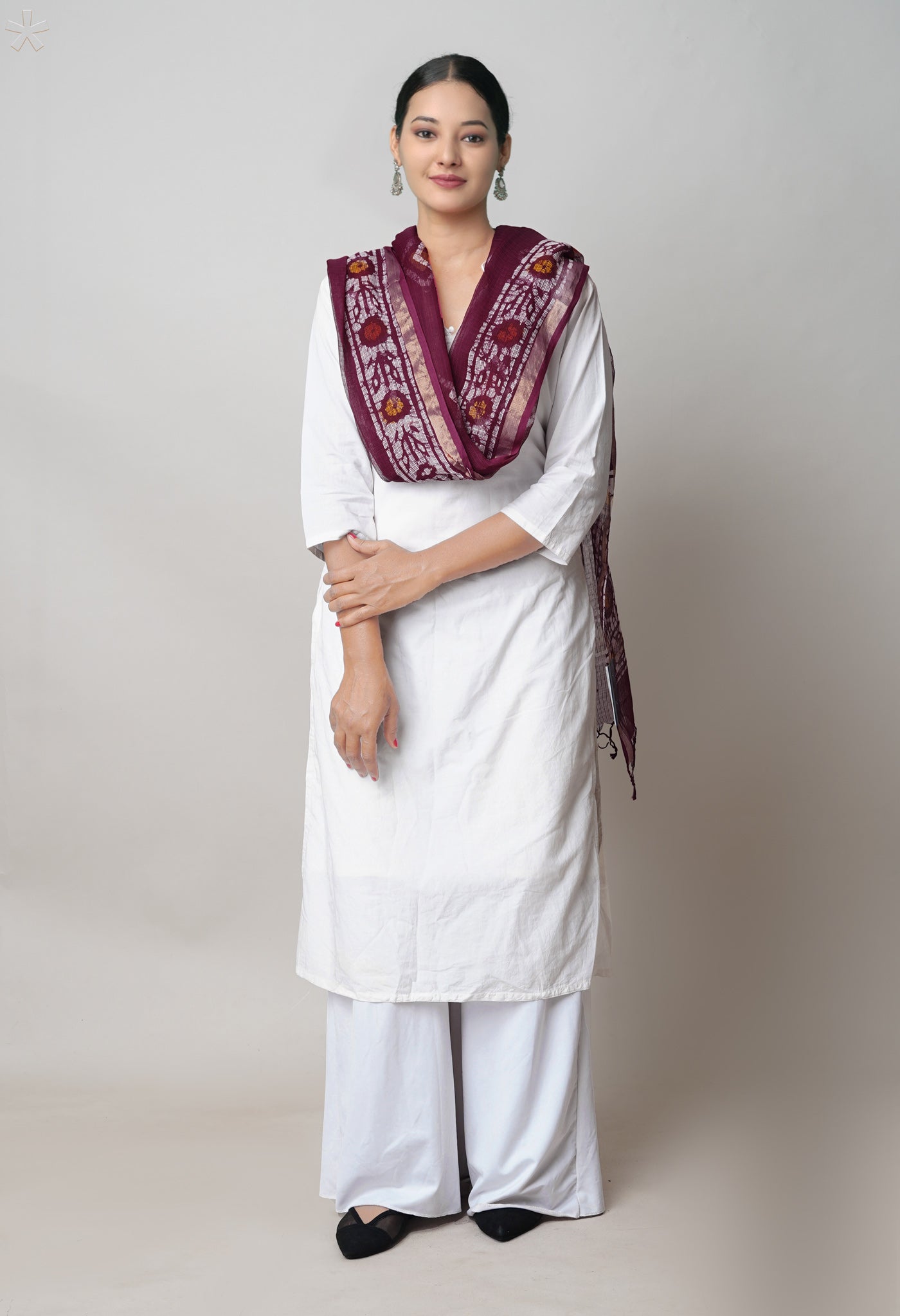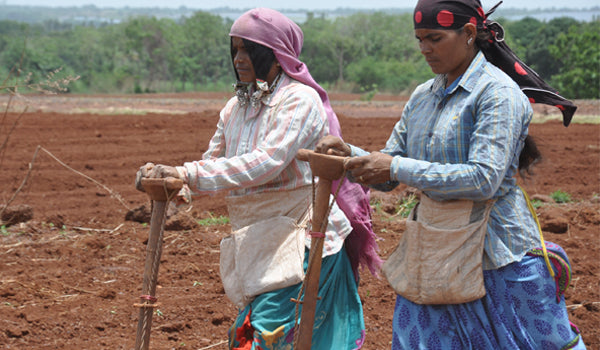
These Women Farmers from Hyderabad are Champions of Organic Farming ….. Read Along
“They always say time changes things, but you actually have to change them yourself.”
― Andy Warhol, The Philosophy of Andy Warhol
That is precisely what two organizations of Hyderabad, Telangana, did recently. They invented a new way of doing things for farmers and their beneficiaries, the consumers of organic produce, that would help create a long-lasting and nurturing relationship.

There has been a lot of talk about organic farming lately. The buzz is that there are an increasing number of farmers turning to grow food without making use of chemicals or pesticides. A significant portion of society has become aware of the benefits of having organic food and now young and old are becoming vocal in their demand for it. India it seems has woken up to a fact that it is time to make a move towards a modern organic marketplace.
In Hyderabad two organizations, DDS (Deccan Development Society) and Disha Consumers Alliance in Sanga Reddy and Hyderabad districts have come together for a novel way to help organic farmers not only sell their produce to dedicated consumers who would benefit from the continuous supply of organic produce, but also create a long lasting relationship with these whom they would serve. A clear win-win situation!

The modus operandi
The scene shifts to June 16 at Arjun Nayak Thanda, a village in Sanga Reddy district. A test pilot project kicks off. The consumer group that became a part of it, witnessed their first sowing session. Christened ‘ConFarm’ (Consumer-Farmer Compact) and ‘Beyond Organic’, the novel idea is an initiative of the two above named organizations.
The focus of the initiative is to get consumers to support the farmers directly at the beginning of a farming season. Each consumer who has opted for the project shall support a group of farmers with nearly Rs 10,000 per acre for their farming needs. In return, at the time of harvest, consumers would be given products according to the value they have invested–leaving the middlemen out. This would mean the growers have a definite clientele to serve and the recipients their continuous supply of healthy produce in a fair and economical transaction.

The menu or crops would include millets pulses, oil, jaggery and other essential food commodities that people buy regularly. Millets is a good alternative to wheat and rice and considered healthy and the push would also enable ‘consumption-thinking’ in that direction.
The initial stage of the project would include six villages covering 206 acres of farmland. The enthusiasm of many of the Hyderabad based members is high, with the feeling of ‘being part of the production process’ one of the key reasons behind the exuberance.

What gave the two organizations the ‘brainwave’ to initiate this project?
The women farmers in the selected villages have been engaged in millet-based bio-diverse farming for generations. As rain-fed crops, millets do not require external irrigation, nor do they require pesticides and chemical fertilizers as in conventional farming all they needed was a regular means of earning from a constant supply of their crops. This new arrangement would enable an opportunity to supply constantly and improve their lives.
The new link with health conscious consumers would provide a new impetus for the women farmers giving them a more reliable avenue for what they produced. This would give them a sense of decisiveness on what to grow, with assured returns for their efforts at the back of their mind.

What would it be for the consumers?
A source to get their continuous supply of healthy produce, give the growers an opportunity to fulfil their dreams by freeing them of the vagaries of the market and providing them an opportunity to become self-reliant.
And what were the initial reactions?
Addressing the consumers, Chakribhai, a woman farmer part of the initiative said, “I am happy that all of you have come to see my farm and support our way of farming.”
Amidst applause from the crowd that gathered near her farm at ArjunNayak Thanda village, she added, “We want to give all of you healthy food at the end of the season. That is a promise.”

“This is a historic partnership,” said Sneha, a consumer and an employee at Microsoft, Hyderabad. Sneha said she had been bothered about the ignorance regarding the source of the food she consumed. She continued, “There is no point in blaming the market, to which we actively contribute.” She found an alternative through this initiative and assumed an active role in mobilising consumers.
Community Supported Agriculture (CSA) is a globally emerging alternative that involves consumers in the process of food production. But it stops for the consumers at the monetary transactions level alone. This new initiative has included a whole new spirit of camaraderie and bonhomie in a ‘likely to be successful’ relationship.

P V Satheesh, Director of Deccan Development Society (DDS), overseeing the activities from the farmers side enthusiastically said, “Enlightened-ecological-consumer is the concept we would like to like to emphasise.” He opined that the term ‘organic’ has become a trap and there is a growing tendency in the market to monetize the concept–thereby losing the trust of consumers. It is in this context, he said, a healthy pact between consumer and farmer becomes significant”.
“A group of consumers here have taken upon themselves the responsibility to support ecological farmers,” he said, adding that their journey is going to excite everyone.

Does the media wish, to add anything?
Yes! Jhansi Laxmi, a Telugu TV anchor and environmental activist who is part of the consumer group, said consumers must be aware and concerned about the problems of farmers. “For example, we must be equally concerned about adequate rainfall as much as a farmer,” she emphasised. Her thinking was that the country already enduring an agrarian crisis, needed such an initiative as a model which must be promoted and encouraged further.
Truly novel, in a bold and wise move the roping in of the customers themselves in participating in the long-term venture, could be a shining example that many others including the govt. could follow.


